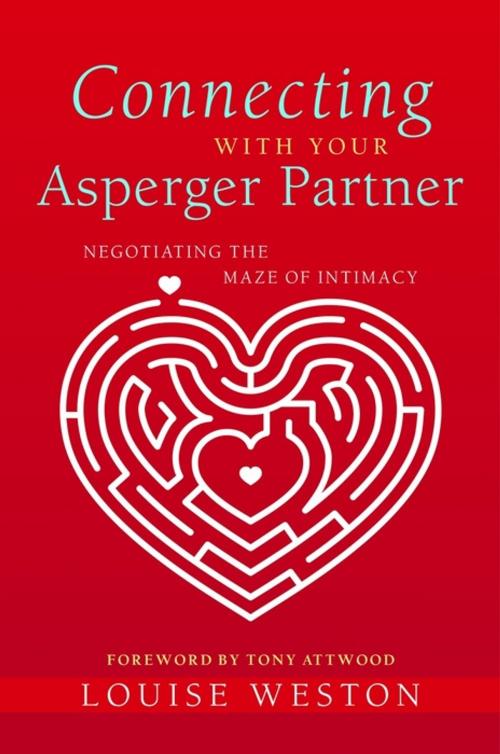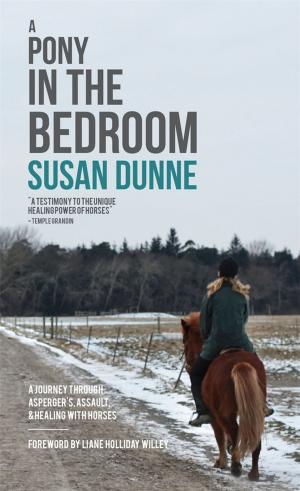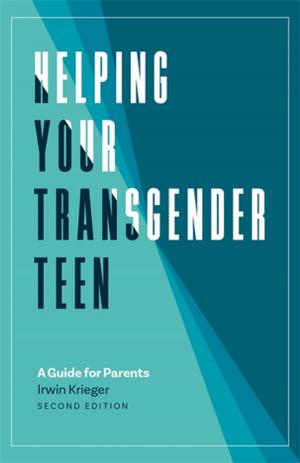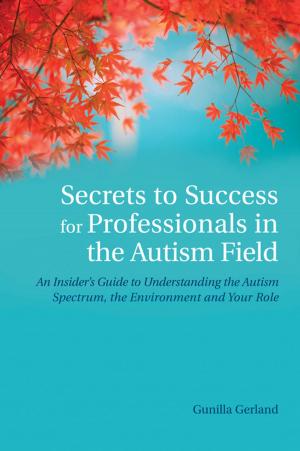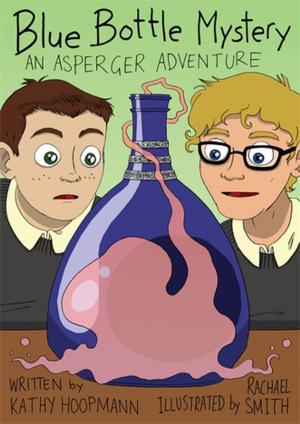Connecting With Your Asperger Partner
Negotiating the Maze of Intimacy
Nonfiction, Health & Well Being, Psychology, Mental Health, Family & Relationships, Health| Author: | Louise Weston | ISBN: | 9780857002860 |
| Publisher: | Jessica Kingsley Publishers | Publication: | March 15, 2011 |
| Imprint: | Jessica Kingsley Publishers | Language: | English |
| Author: | Louise Weston |
| ISBN: | 9780857002860 |
| Publisher: | Jessica Kingsley Publishers |
| Publication: | March 15, 2011 |
| Imprint: | Jessica Kingsley Publishers |
| Language: | English |
Communication and intimacy can feel like a constant struggle in relationships where one partner has Asperger Syndrome (AS). For the neuro-typical partner (NT) in particular, this can be an endless source of frustration, misunderstandings, and tears.
Drawing on her own experience of being married to a man with AS, Louise Weston shows that the road to intimacy begins with letting go of expectations and looking after your own physical and emotional needs. She provides tried-and-tested strategies for relating to and connecting with your AS partner, as well as useful tips for coping with hurtful words and meltdowns, helping your partner to interpret emotions, and finding further sources of help and support. Above all, she shows that although your AS/NT relationship will challenge you beyond what you ever thought possible, by letting go of expectations and respecting each others' differences, this unique partnership really can be both happy and successful.
Brimming with stories and advice from other NT partners, this practical book will help NTs take positive steps towards connecting with their AS partners. It will also be a useful resource for counsellors and other professionals who wish to deepen their understanding of AS/NT relationships.
Communication and intimacy can feel like a constant struggle in relationships where one partner has Asperger Syndrome (AS). For the neuro-typical partner (NT) in particular, this can be an endless source of frustration, misunderstandings, and tears.
Drawing on her own experience of being married to a man with AS, Louise Weston shows that the road to intimacy begins with letting go of expectations and looking after your own physical and emotional needs. She provides tried-and-tested strategies for relating to and connecting with your AS partner, as well as useful tips for coping with hurtful words and meltdowns, helping your partner to interpret emotions, and finding further sources of help and support. Above all, she shows that although your AS/NT relationship will challenge you beyond what you ever thought possible, by letting go of expectations and respecting each others' differences, this unique partnership really can be both happy and successful.
Brimming with stories and advice from other NT partners, this practical book will help NTs take positive steps towards connecting with their AS partners. It will also be a useful resource for counsellors and other professionals who wish to deepen their understanding of AS/NT relationships.
